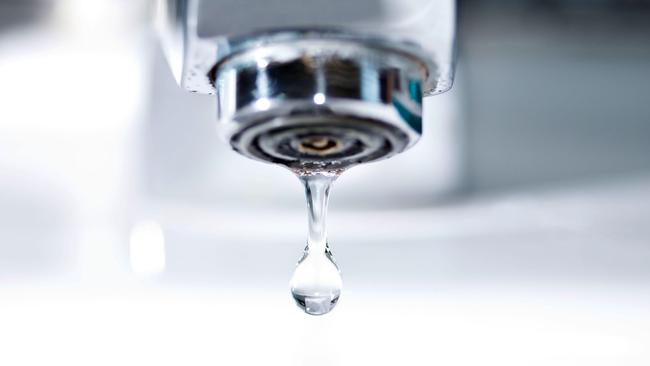Most Victorians to benefit from flat or falling water prices
WATER prices for Victorians will change from July 1. See what it means for your annual household bill.
VIC News
Don't miss out on the headlines from VIC News. Followed categories will be added to My News.
MOST Victorians are set to get some water bill relief under changes from July 1.
Annual household costs will either drop or remain steady for 2018-19 for all except customers of three water businesses, the state’s regulator says.
And throughout the following four years, most retailers will peg price rises at or below inflation.
“These are the most widespread price cuts we have seen in 20 years,” Essential Services Commission chairman Ron Ben-David said.
VICTORIA’S ‘AFFORDABILITY CASE HOT SPOTS’
SHOCKING SIZE OF UNPAID UTILITIES BILLS
HOW HOUSEHOLDS CAN SAVE ON ELECTRICITY

ESC calculations, adjusted for inflation, show a 2018-19 bill for a typical residential owner-occupier will fall by $20 for Yarra Valley Water, $26 for City West Water, and $73 for South East Water.
In regional areas, the biggest annual saving is for GWMWater customers, down $30.
Other savings range from $3 for Lower Murray Water customers, to $26 for Coliban Water.
Barwon Water, South Gippsland Water, Wannon Water and Western Water bills, based on average use in the regions, will remain steady.
However bills will rise for Gippsland Water (up $20), Westernport Water (up $13) and North East Water (up $4).
Annual bills will range from $875 (North East Water) to $1387 (GWMWater).

The ESC, which approves prices over a five-year time frame, said water businesses had found ways to operate more efficiently. Over the entire period, Goulburn Valley Water customers will benefit from the biggest bill reduction of about $90.
“We challenged the water businesses to work with their customers to find the best ways to deliver real service improvements while also saving customers hundreds of millions of dollars over the next five years,” Dr Ben-David said.
Businesses had pledged to improve communication with customers, help them reduce water use, and extend support to those having trouble paying bills.
Overall, Victorians will pay about $17.6 billion in water charges over the five years. This is $110 million less than originally proposed by water corporations.
“Our role is to make sure that the businesses can operate on a financially viable basis and that includes taking into account their debt costs,” Dr Ben-David said. “We are certainly mindful to giving them no more than they need.”


